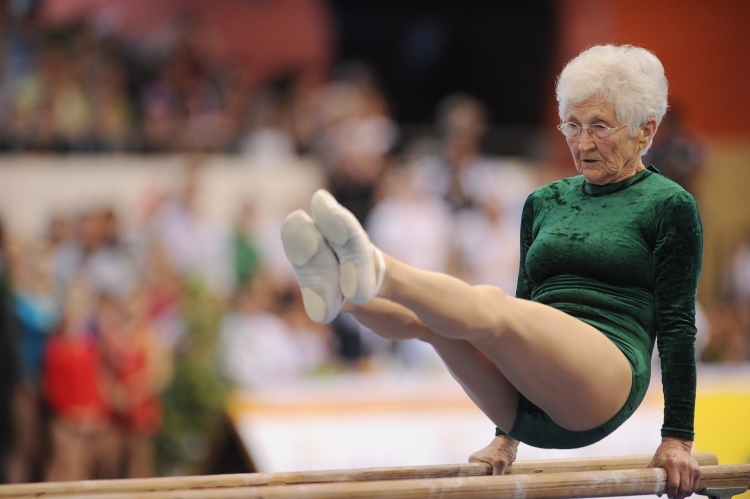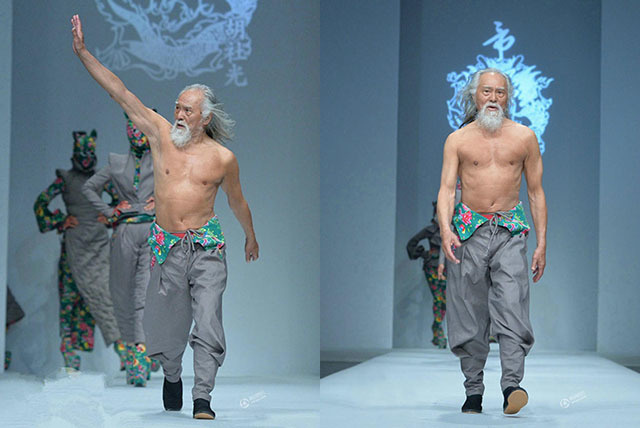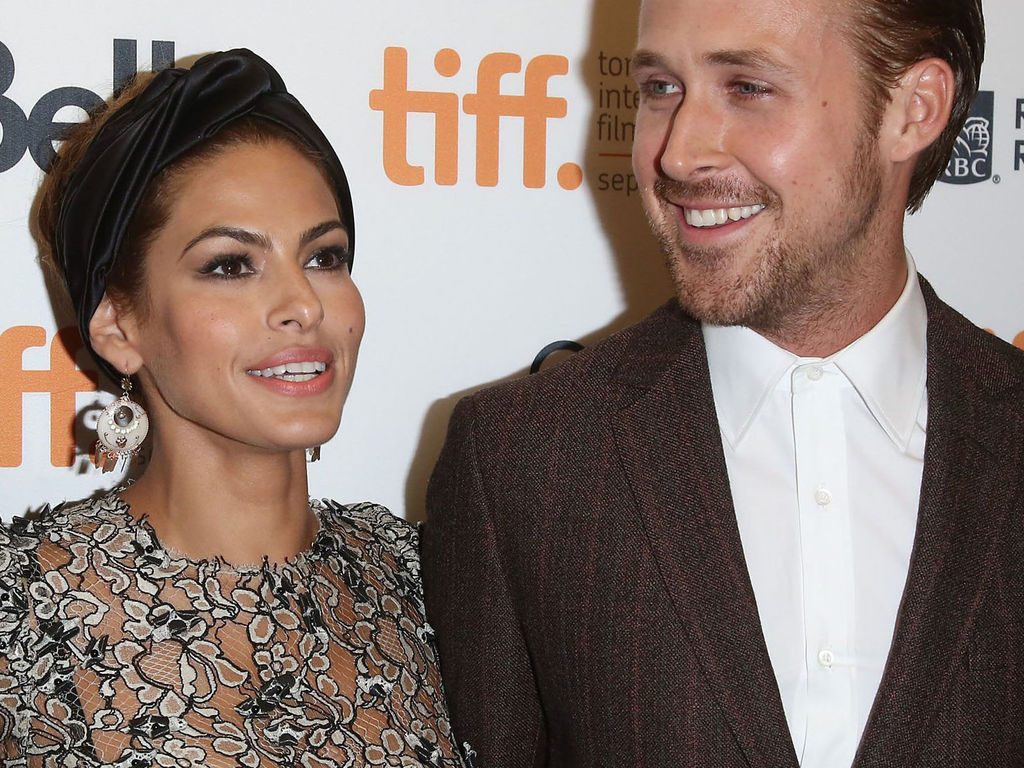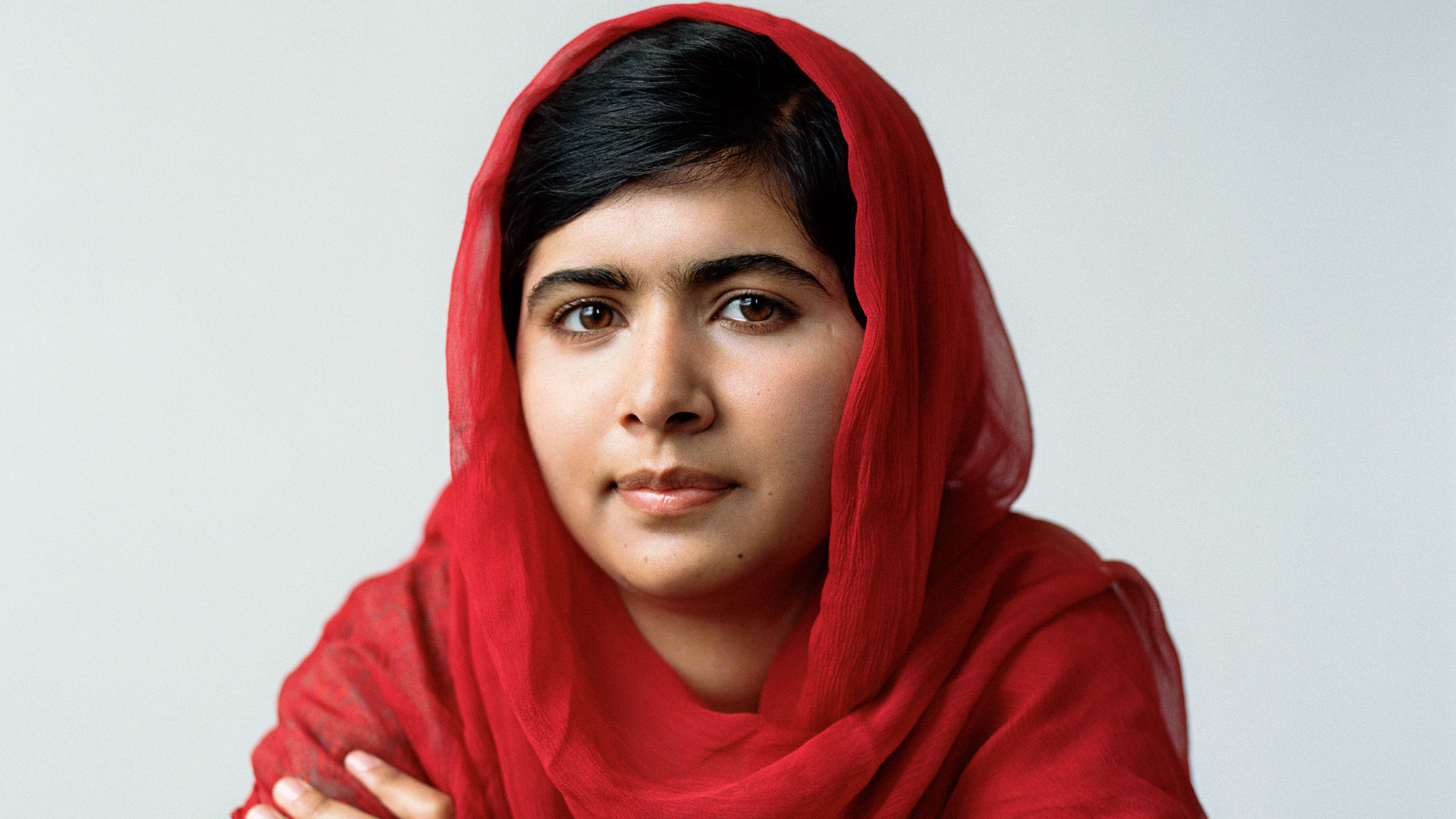Age Ain't Nothing but A Number

If you're not sure whether or not we live in an age-centric society, let me present to you some of the most common age related phrases we utter:
- How old are you?
- When I grow up I want to be…
- When I was younger...
- You cannot ask a lady her age.
- I’m too old for this!
Jennie Keith sums up the role of age in our society beautifully: "Age impinges on social organization and social roles. Aging is a universal process, experienced by every individual. Moreover, different people conceive of age in different ways; in terms of social structure, the life course of individuals, and culture -- age is clearly a major variable."
I couldn't agree more.
Wang Deshun, walking in Shangai Fashion Week. Image credit: LifeBuzz
The common denominator of most societies is the linear aging process which begins as soon as a human or an animal is conceived. In South Korea, once an individual is born, they are already 1 year old; whereas in France and most of the world, after 9 months in the womb, the individual turns one only one full year after birth. These slight differences in how age is quantified do not change the reality of aging.
Aging is not only a number-based phenomenon. As in the United States, age is broken down by law into different categories: 16 and over to be able to have a consented sexual relationship, 18 and over to vote and 21 and over to consume alcohol. In contrast, in some civilizations, age has nothing to do with the law. Instead, the progression life is based on personal beliefs and rituals. In some cultures, the ritual of passage from childhood to adulthood is solely based on biological factors. A girl is considered a woman when she first begins to menstruate as she is now able to procreate; a boy is recognized as a man once he is able to hunt and feed his family.
Eva Mendes (42 years old) and her husband of 6 years, Ryan Gosling (36 years old). The couple has 2 children together. Image credit: Closer
Aside from law, we can also look at age through various categories:
Relationships
Our cultural context conditions us to be friends with people of the same age. We are divided into classes according to our age, we take extra curriculum activities with our age group and more importantly, going out of this age group is generally morally sanctioned. This school mindset parlays into relationships as well. If you are 19 and have sexual intercourse with someone who is 15 in the US, you face jail time. The same situation in Mexico with just renders you “a pervert."
Workplace/Universities
Now, more than ever, we are encouraged to be the best we can be starting as young as possible. Someone at university at the age of 40 will be automatically seen as "behind" in life while the contrary is also true. If you begin your career early in life, right out of school for example, you are praised for your finishing on track with the life timeline society has prescribed.
This leads me to the question, why do we care so much? Why do we need to define a person by their age? Why as individuals we are so adamant to have our life structured by our birth year, something we didn't even choose. Consider all this against the sobering truth that life is not a guarantee and any day could be the last.
Malala Yousafzai, 2014 Nobel Prize laureate at 17 years old. Image credit: Save My Brain
To be clear, I am not aruging that age is a classification that is obsolete. I think it is a great tool in placing ourselves in a certain time space, have a clear framework in mind and install order within ourselves and outside ourselves; but couldn't we do without the age-centric mania?
In her book, Coming of age in Samoa, Margaret Mead claims that in Samoa, “individual development is determined by cultural expectations and not biologically determined.” This is equally applicable in Western culture. I strongly believe that we are so obsessed with time and age but tend to forget one incredible key element: experience.
Being over 25 should not be seen as the kiss of death in society, whether in the workplace, university or personal relationships. The thoughts and ideas of a young should not be discounted because we think that they lack the societally appropriate age before we deem them "smart" or "worthy."
As Foucault says “an experience is an interrelation between knowledge, 'types of normativity' and subjectivity in a particular culture at a particular time.” It is my belief that experience is one of the strongest links between individuals. Whether in the way they grew up, their lifestyle, their social experiences or even their own level of maturity or immaturity, it is what makes someone. Not their age, not their nationality, not their gender. Life is about experiences.
Ruth Flowers became a Club DJ at 68. Image Credit: Youtube
In the interest of unpacking this institutionalized and societally reinforced ageism...
Let's stop judging age differences in couples. And stigmatizing younger/older people in the office or classroom. And pushing children to achieve early on instead of letting them enjoy their youth.
Let those of a certain age who are are single and/or without kids just live their lives. Stop using wrinkle cream at 20 because we want to erase any trace of time from our faces.
Everyone goes through life at their own pace and they have their own destiny and will find their own way. Past experiences make us who we are in the present, which will define our future. Age is not measured by clocks, but by life moments.
Can we stop for a second and slow down?











